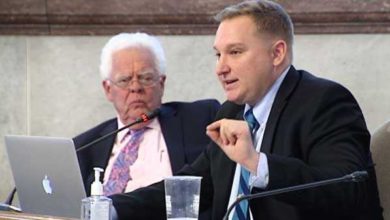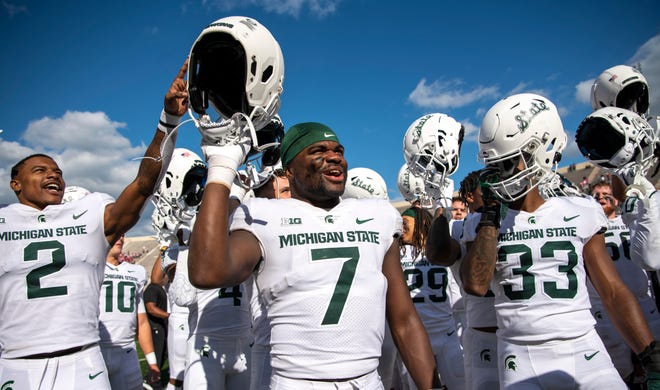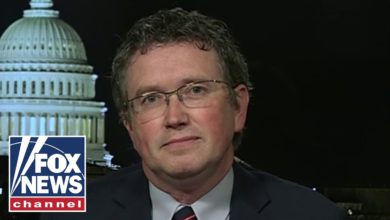

After no one won the most recent Mega Millions drawing, the jackpot continues to increase. Ahead of tonight's drawing (Dec. 27), the jackpot is now up to an estimated $565 million with a cash option of $293.6 million.
The winning numbers from Friday were 15, 21, 32, 38 and 62. The Mega Ball was 8 and the Megaplier was 4X.
The Match 5 $1 million prize was won by players in California and Illinois Friday. In October, a $502 million jackpot was won by ticketholders in San Jose, California, and Fort Myers, Florida.
The next drawing is Tuesday at 11 p.m., and you can purchase tickets until 10:45 p.m. for a chance at winning.
Ready to play Mega Millions? Here's what you need to know.
When is the Mega Millions drawing?
Drawings are every Tuesday and Friday at 11 p.m. The next drawing is this Tuesday, Dec. 20.
How to play the Mega Millions
Tickets to Mega Millions cost $2 per play.
There are nine total ways to win a prize, from the jackpot to $2.
Players can pick six numbers from two separate pools of numbers: five different numbers from the white balls numbered 1-70 and one number from the gold balls numbered 1-25.
- 5 + 1 = Jackpot.
- 5 + 0 = $1 million.
- 4 + 1 = $10,000.
- 4 + 0 = $500.
- 3 + 1 = $200.
- 3 + 0 = $10.
- 2 + 1= $10.
- 1 + 1 = $4.
- 0 + 1 = $2.
You win the jackpot by matching all six winning numbers in a drawing.
You can either pick your lucky numbers yourself or select Easy Pick or Quick Pick and have the numbers auto-drawn. If you can't make up your mind, Mega Millions' website has a random number generator.
What's the Megaplier?
Most states offer the Megaplier feature, which increases non-jackpot prizes from two, three, four and five times.
It costs an additional $1 per play.
Before each regular Mega Millions drawing, the Megaplier is drawn. From a pool of 15 balls, five are marked with "2X," three with "4X" and one with "5X."
What are the odds of winning the Mega Millions jackpot?
The odds of winning the Mega Millions jackpot are about 1 in 303 million, and the odds of winning the $1 million prize are 1 in 12.6 million.
The overall chance of winning any prize is 1 in 24.
Where to buy Mega Millions tickets
You can play Mega Millions in 47 localities: 45 states, plus the District of Columbia and the U.S. Virgin Islands. To find locations, search the Mega Millions website.
In Kentucky, Ohio and Indiana, you can buy a Mega Millions ticket at gas stations, convenience stores and supermarkets until 10:45 p.m. on drawing night.
In Kentucky, residents can also purchase tickets online at kylottery.com.
In Ohio, residents can use Lottery Card available in Kroger, Buehler’s Fresh Foods and Giant Eagle stores. It allows Ohio consumers to enter draw games on their phones and get notified and paid electronically if they win.
What happens if I win the Mega Millions?
Congratulations! If you're the lucky winner, Mega Millions offers two options. You can either take the annuity, which pays out as one immediate payment followed by 29 annual payments. Each payment is 5% bigger than the previous.
There's also the cash option, a one-time, lump sum payment equal to all the cash in the Mega Millions jackpot prize pool.
Source link








